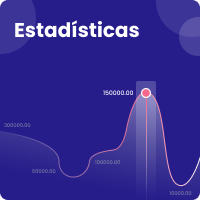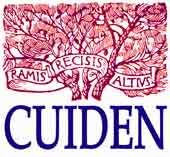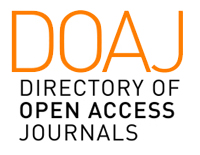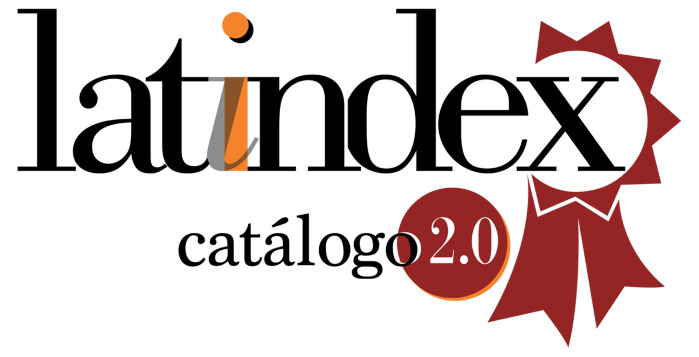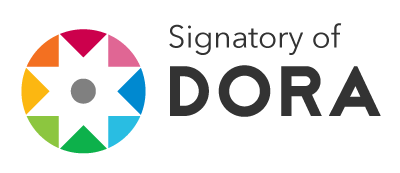Inequities in the diffusion and visibility of knowledge: why should we care?
DOI:
https://doi.org/10.25214/25907816.1372Keywords:
scientific and technical publications, systems for evaluation of publications, knowledge management, Occupational TherapyAbstract
Many authors from different disciplines have voiced a gap in knowledge value and production with a mainstream Euro-American-centric knowledge production system. This is also a reality in occupational therapy knowledge, where a heavy Western and Anglo-Saxon influence continues to undermine local epistemologies. Understanding the roots and implications of those differences is vital in combating health and social disparities across all practice settings. This editorial attempt to promote critical awareness of some elements that determine the differences in knowledge diffusion and visibility in Occupational Therapy between the global North and global South and their impact on education, research, and practice.
Downloads
References
Bases de datos: ¿una pérdida de plata para las universidades? (2017, 9 de mayo). Universidades. Semana. https://www.semana.com/educacion/articulo/bases-de-datos-universitarias-presupuesto-para-investigacion-en-colombia/524572/
Becerril-García, A. y Aguado-López, E. (2019). Redalyc – AmeliCA. Un modelo de publicación sin fines de lucro para conservar la naturaleza académica y abierta de la comunicación científica. UNESCO, CLACSO y Redalyc.
Cardinalli, I. y Silva, C. R. (2021). Trajetórias singulares e plurais na produção de conhecimento de terapia ocupacional no Brasil. Cadernos Brasileiros de Terapia Ocupacional, 29. https://doi.org/10.1590/2526-8910.ctoAO2040
Céspedes, L. (2021). Revistas latino-americanas e línguas hegemônicas para publicação acadêmica no Scopus e Web of Science. Trabalhos em Linguística Aplicada, 60(1), 141-154. https://doi.org/10.1590/010318138901311520201214
Collyer, F. M. (2016). Global patterns in the publishing of academic knowledge: Global North, global South. Current Sociology, 66(1), 56-73. https://doi.org/10.1177/0011392116680020
Consejo Latinoamericano de Ciencias Sociales [CLACSO] (2021). Foro Latinoamericano sobre Evaluación Científica (FOLEC). CLACSO. https://www.clacso.org/folec/
Declaration on Research Assessment [DORA] y Pardal-Peláez, B. (2018). Declaración de San Francisco sobre la evaluación de la investigación. Revista ORL, 9(4), 295–299. https://doi.org/10.14201/orl.17845
Estrada L. (2002). La divulgación de la ciencia. En J. Tonda, A. M. Sánchez y N. Chávez (coords.), Antología de la divulgación de la ciencia en México (pp. 138-151). Dirección General de Divulgación de la Ciencia, Universidad Nacional Autónoma de México.
Federation of Finnish Learned Societies; The Committee for Public Information; Publishing, The Finnish Association for Scholarly; Universities Norway; European Network for Research Evaluation in the Social Sciences and the Humanities (2019). Helsinki initiative on multilingualism in scholarly communication. Figshare. Journal contribution. https://doi.org/10.6084/m9.figshare.7887059.v1
Instituto de Estadística de la Unesco [UIS] (2021). Gasto en I+D por país. Unesco. http://uis.unesco.org/apps/visualisations/research-and-development-spending/#!lang=es
Kharasch, E. D., Avram, M. J., Clark, J. D., Davidson, A. J., Houle, T. T., Levy, J. H., ... y Vutskits, L. (2021). Peer review matters: research quality and the public trust. Anesthesiology, 134(1), 1-6. https://doi.org/10.1097/ALN.0000000000003608
Kiesslich, T., Beyreis, M., Zimmermann, G. y Traweger, A. (2021). Citation inequality and the Journal Impact Factor: median, mean (does it) matter? Scientometrics, 126(2), 1249-1269. https://doi.org/10.1007/s11192-020-03812-y
Larivière, V., Haustein, S. y Mongeon, P. (2015). The oligopoly of academic publishers in the digital era. PloS one, 10(6), e0127502. https://doi.org/10.1371/journal.pone.0127502
Naidorf, J. y Alonso, M. (2018). La movilización del conocimiento en tres tiempos. Revista Lusófona de Educação, 39(39). https://doi.org/10.24140/issn.1645-7250.rle39.06
Nature (2005). Not-so-deep impact. Nature, 435, 1003-1004. https://doi.org/10.1038/4351003b
Repiso, R., Orduña-Malea, E. y Aguaded, I. (2019). Revistas científicas editadas por universidades en Web of Science: características y contribución a la marca universidad. Profesional de la Información, 28(4), e280405. https://doi.org/10.3145/epi.2019.jul.05
Rozemblum, C., Alperin, J. P. y Unzurrunzaga, C. (2021). Las limitaciones de Scopus como fuente de indicadores: buscando una visibilidad integral para revistas argentinas en ciencias sociales. e-Ciencias de la Información, 11(2). https://doi.org/10.15517/eci.v11i2.44300
Salatino, M. (2017). La estructura del espacio latinoamericano de revistas científicas [Tesis de doctorado, Universidad Nacional de Cuyo]. Biblioteca Digital UNCUYO. https://bdigital.uncu.edu.ar/10720
Salatino, M. y López, O. (2021). El fetichismo de la indexación. Una crítica latinoamericana a los regímenes de evaluación de la ciencia mundial. Revista Iberoamericana de Ciencia, Tecnología y Sociedad-CTS, 16(46).
Scimago (2021). Journal rankings. SJR Scimago Journal & Country Rank. https://www.scimagojr.com/journalrank.php?category=3609&area=3600&wos=true&type=j
Seglen, P.O. (1997). Why the impact factor of journals should not be used for evaluating research. The BMJ, (314), 498–502. https://doi.org/10.1136/bmj.314.7079.497
Shapiro, S. (2013). JSTOR, university presses, and the serials crisis. Journal of Electronic Resources Librarianship, 25(3), 240-242. https://doi.org/10.1080/1941126X.2013.813319
Sobrido-Prieto, M., Talavera-Valverde, M. Á. y Souto-Gómez, A. I. (2021). Un estudio descriptivo de la presencia, visibilidad y calidad de las revistas de terapia ocupacional. Cadernos Brasileiros de Terapia Ocupacional, 29. https://doi.org/10.1590/2526-8910.ctoAO2205
The PLoS Medicine Editors (2006). The impact factor game. PLoS Medicine, 3(6), e291. https://doi.org/10.1371/journal.pmed.0030291
Vanclay, J.K. (2012). Impact factor: outdated artefact or stepping-stone to journal certification. Scientometric, (92), 211–238. https://doi.org/10.1007/s11192-011-0561-0
Published
How to Cite
Issue
Section
License
Copyright (c) 2022 Human Occupation Journal

This work is licensed under a Creative Commons Attribution-NonCommercial-ShareAlike 4.0 International License.

| Article metrics | |
|---|---|
| Abstract views | |
| Galley vies | |
| PDF Views | |
| HTML views | |
| Other views | |



